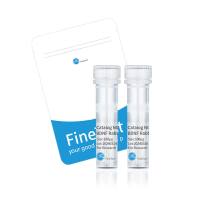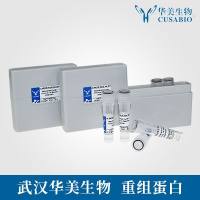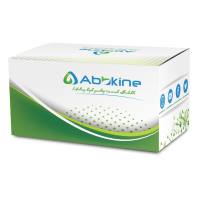The Use of Maternal Plasma for Prenatal RhD Blood Group Genotyping
互联网
1169
Alloimmunization to the blood group antibody anti-RhD (anti-D) is the most common cause of hemolytic disease of the fetus and newborn. Knowledge of fetal D type in women with anti-D makes management of the pregnancy much easier and avoids unnecessary procedures in those women with a D-negative fetus. Fetal D typing can be performed by detection of an RHD gene in cell-free DNA in the plasma of D-negative pregnant women. The technology involves real-time quantitative polymerase chain reactions targeting exons 4, 5, and 10 of RHD , with the exons 4 and 10 tests performed as a multiplex. Testing for SRY in multiplex with the RHD exon 5 test provides an internal control for the presence of fetal DNA when the fetus is male. Fetal D typing has become the standard of care in England in pregnant women with a significant level of anti-D.









